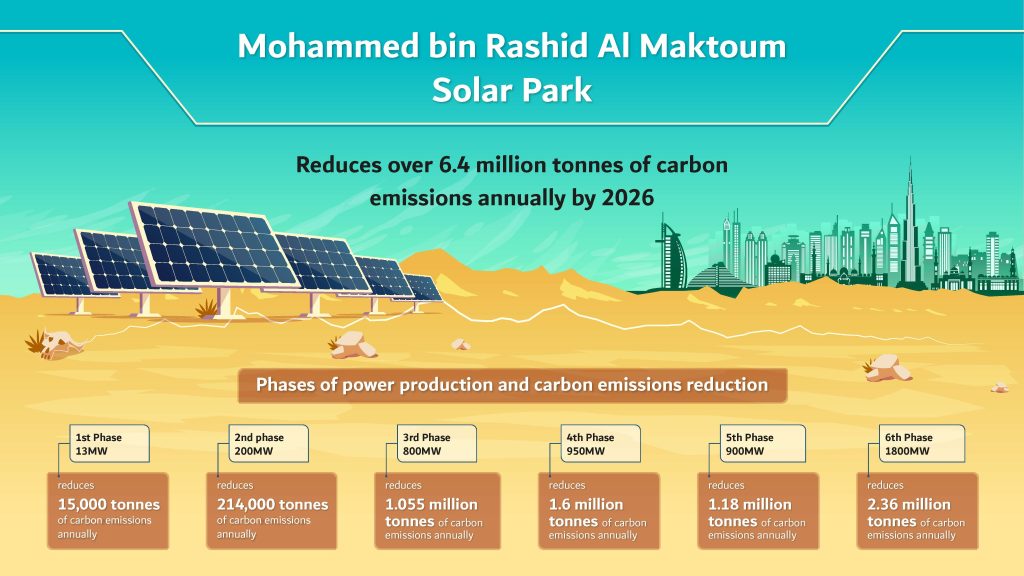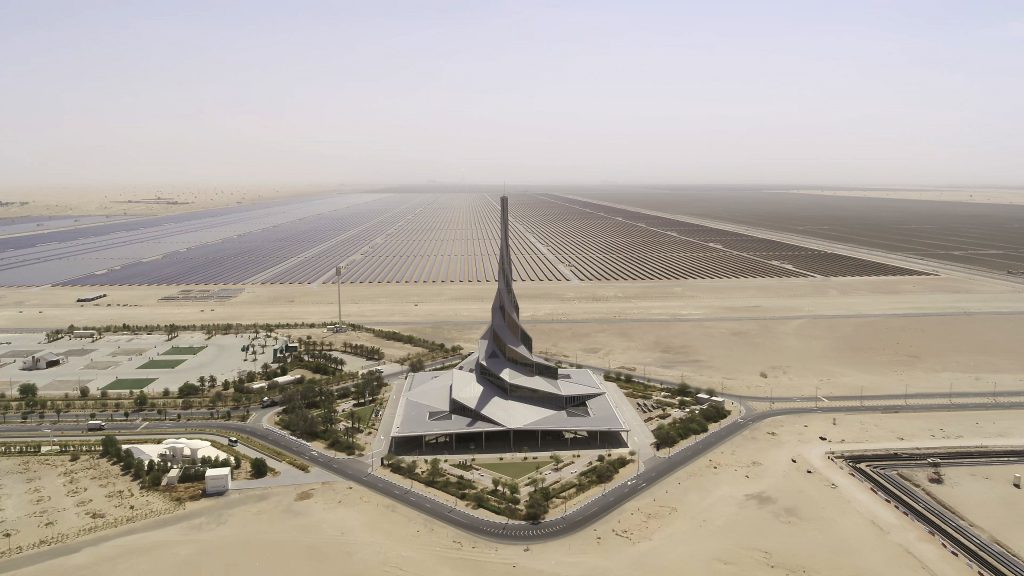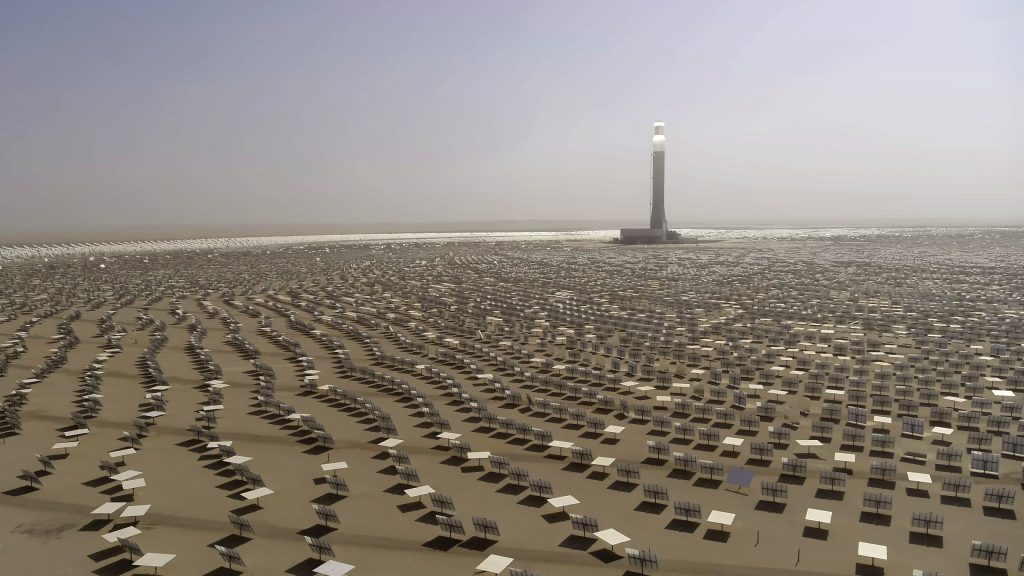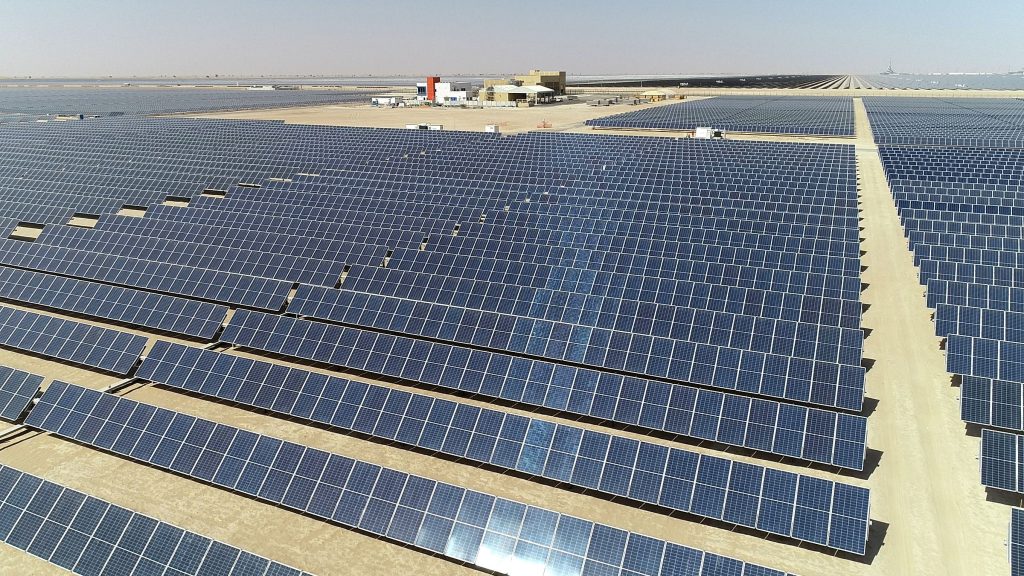The Mohammed bin Rashid Al Maktoum Solar Park in Dubai is set to make a substantial impact on reducing carbon emissions. By the year 2026, it is expected to decrease carbon emissions by over 6.4 million tonnes annually. This initiative by the Dubai Electricity and Water Authority (DEWA) aligns with efforts to promote sustainability and transition toward a green economy. Dubai is hosting the Conference of the Parties to the United Nations Framework Convention on Climate Change (COP28) as part of the Year of Sustainability in the UAE.
DEWA recently inaugurated the fifth phase of the solar park, boasting 900 megawatts (MW) and utilizing the Independent Power Producer (IPP) model with investments exceeding AED 2 billion. Additionally, DEWA has partnered with Abu Dhabi Future Energy Company (Masdar) for the development and operation of the sixth phase, targeting 1,800 MW and investments of up to AED 5.51 billion.

HE Saeed Mohammed Al Tayer, MD & CEO of DEWA, emphasized that the completion of the sixth phase in 2026 will result in a reduction of approximately 6.424 million tonnes of carbon emissions annually. This endeavor aligns with UAE’s goals of achieving Net-Zero by 2050, the Dubai Clean Energy Strategy 2050, and the Dubai Net Zero Carbon Emissions Strategy 2050, aiming to provide 100% of Dubai’s total power capacity from clean energy sources by 2050.
The solar park’s current capacity stands at 2,427MW, contributing to 16.3% of Dubai’s total installed capacity, a percentage set to increase to 24% by 2026 upon completion of the Fourth and Sixth phases. The solar park’s ultimate target is a production capacity of 5,000 MW by 2030, using solar photovoltaic panels and concentrated solar power, involving total investments of AED 50 billion. When this ambitious project is fully realized, it is expected to reduce carbon emissions by over 6.5 million tonnes annually.



Phases of power production and associated carbon emissions reductions include:
- The 13MW 1st Phase, reducing 15,000 tonnes of carbon emissions annually.
- The 200MW 2nd Phase, reducing 214,000 tonnes of carbon emissions annually.
- The 800MW 3rd Phase, reducing 1.055 million tonnes of carbon emissions annually.
- The 950MW 4th Phase, expected to reduce 1.6 million tonnes of carbon emissions annually upon completion.
- The 900MW 5th Phase, reducing 1.18 million tonnes of carbon emissions annually.
- The 1800MW 6th Phase, anticipated to reduce 2.36 million tonnes of carbon emissions annually upon completion.
Image: Dubai Media Office

